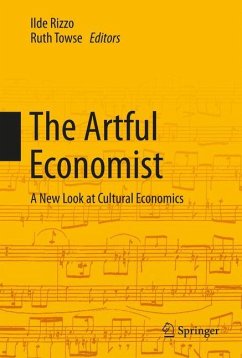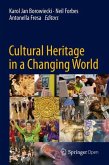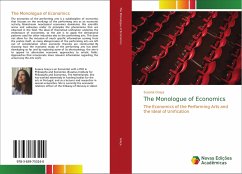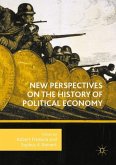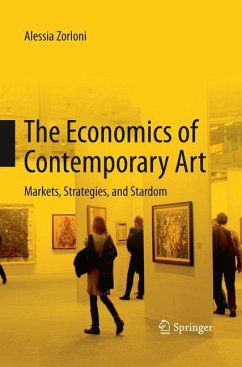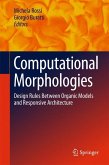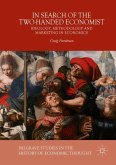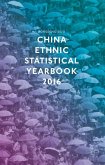This book reassesses central topics in cultural economics: Public finance and public choice theory as the basis for decision-making in cultural and media policy, the role of welfare economics in cultural policy, the economics of creative industries, the application of empirical testing to the performing arts and the economics of cultural heritage. Cultural economics has made enormous progress over the last 50 years, to which Alan Peacock made an important contribution. The volume brings together many of the senior figures, whose contributions to the various special fields of cultural economics have been instrumental in the development of the subject, and others reflecting on the subject's progress and assessing its future direction.
Alan Peacock has been one of the leading lights of cultural economics and in this volume Ilde Rizzo and Ruth Towse and the other contributors ably capture the import of his contributions in a broader context of political economy. In doing so, they offer an overview of progress in cultural economics over the last forty years.
Tyler Cowen, Professor of Economics and Director of the Mecatus Center, George Mason University, Fairfax, Virginia, USA
A fitting tribute to Professor Sir Alan Peacock's inspiring intellect leadership and his outstandingly rich and varied legacy in the domain of cultural economics, this book draws together illuminating analyses and insights from leading cultural economists about the role and value of this dynamic and increasingly policy-relevant field of enquiry.
Gillian Doyle, Professor of Media Economics and Director of Centre for Cultural Policy Research, University of Glasgow, UK
Alan Peacock has been one of the leading lights of cultural economics and in this volume Ilde Rizzo and Ruth Towse and the other contributors ably capture the import of his contributions in a broader context of political economy. In doing so, they offer an overview of progress in cultural economics over the last forty years.
Tyler Cowen, Professor of Economics and Director of the Mecatus Center, George Mason University, Fairfax, Virginia, USA
A fitting tribute to Professor Sir Alan Peacock's inspiring intellect leadership and his outstandingly rich and varied legacy in the domain of cultural economics, this book draws together illuminating analyses and insights from leading cultural economists about the role and value of this dynamic and increasingly policy-relevant field of enquiry.
Gillian Doyle, Professor of Media Economics and Director of Centre for Cultural Policy Research, University of Glasgow, UK

